Today, the biggest news comes from the southern Russian flank.
Here, Russian forces were put on high alert because Armenia and Azerbaijan, enemies through decades of war, are now preparing to sign on to a peace deal that could transform their contested border into a joint lifeline for security. This sudden alignment is not born of friendship, but of the shared enemy that Russia has become.
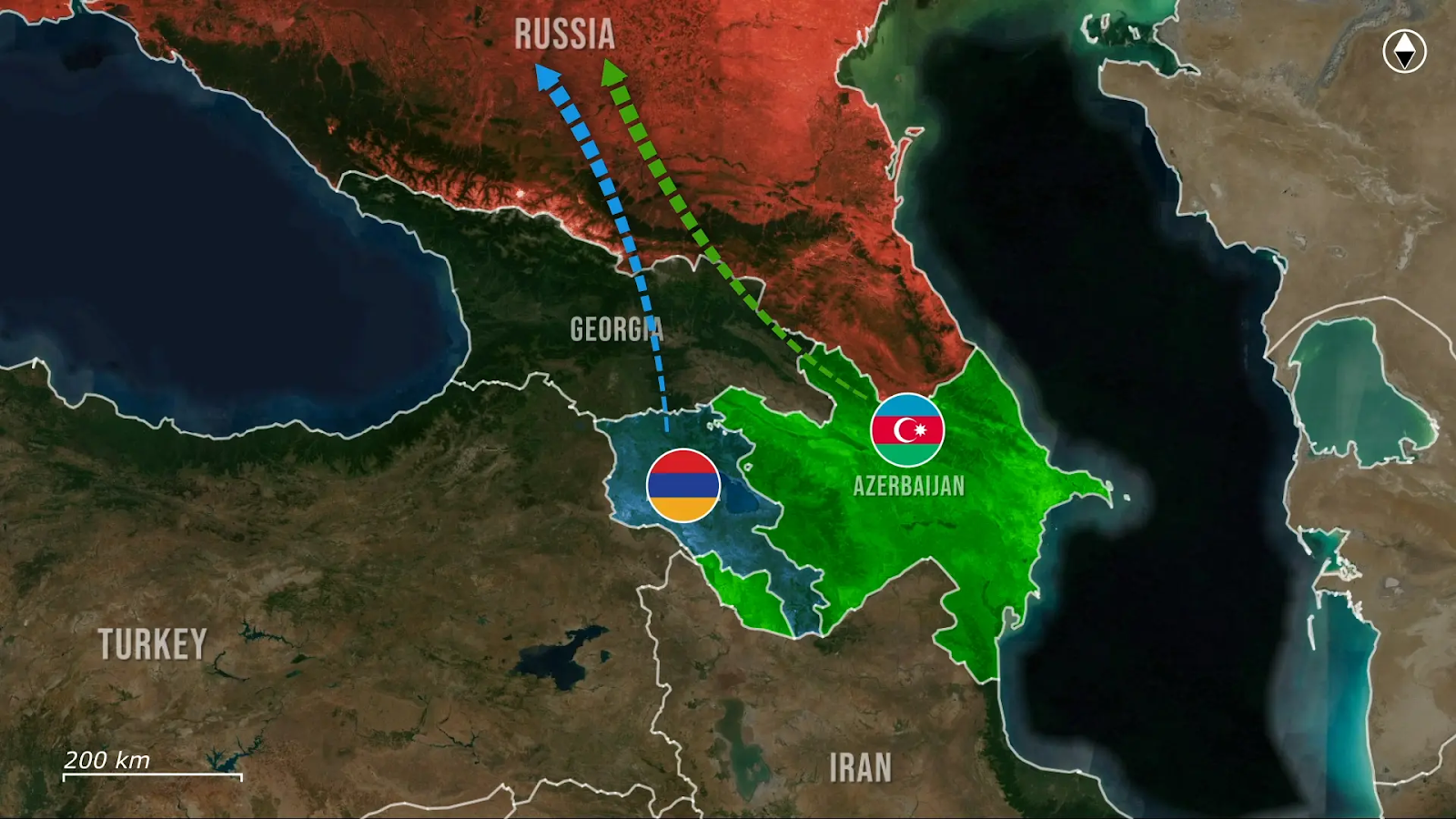
Recently, the presidents of Azerbaijan and Armenia met in Washington, where they signed a preliminary agreement that could serve as the foundation for a formal and final peace deal between the two nations. The memorandum outlines mutual recognition of each other’s sovereignty, the renunciation of territorial claims on one another, demilitarization of the border, and the creation of the Zangezur Corridor linking Azerbaijan to its exclave in Armenia. The Zangezur corridor will remain under Armenian sovereignty but will be operated by a US-led private military company to oversee construction of energy lines and road networks, combining infrastructure development with embedded private security from a third party. For both countries, it signals the most substantive break from decades of entrenched hostility since the Nagorno-Karabakh conflict began.
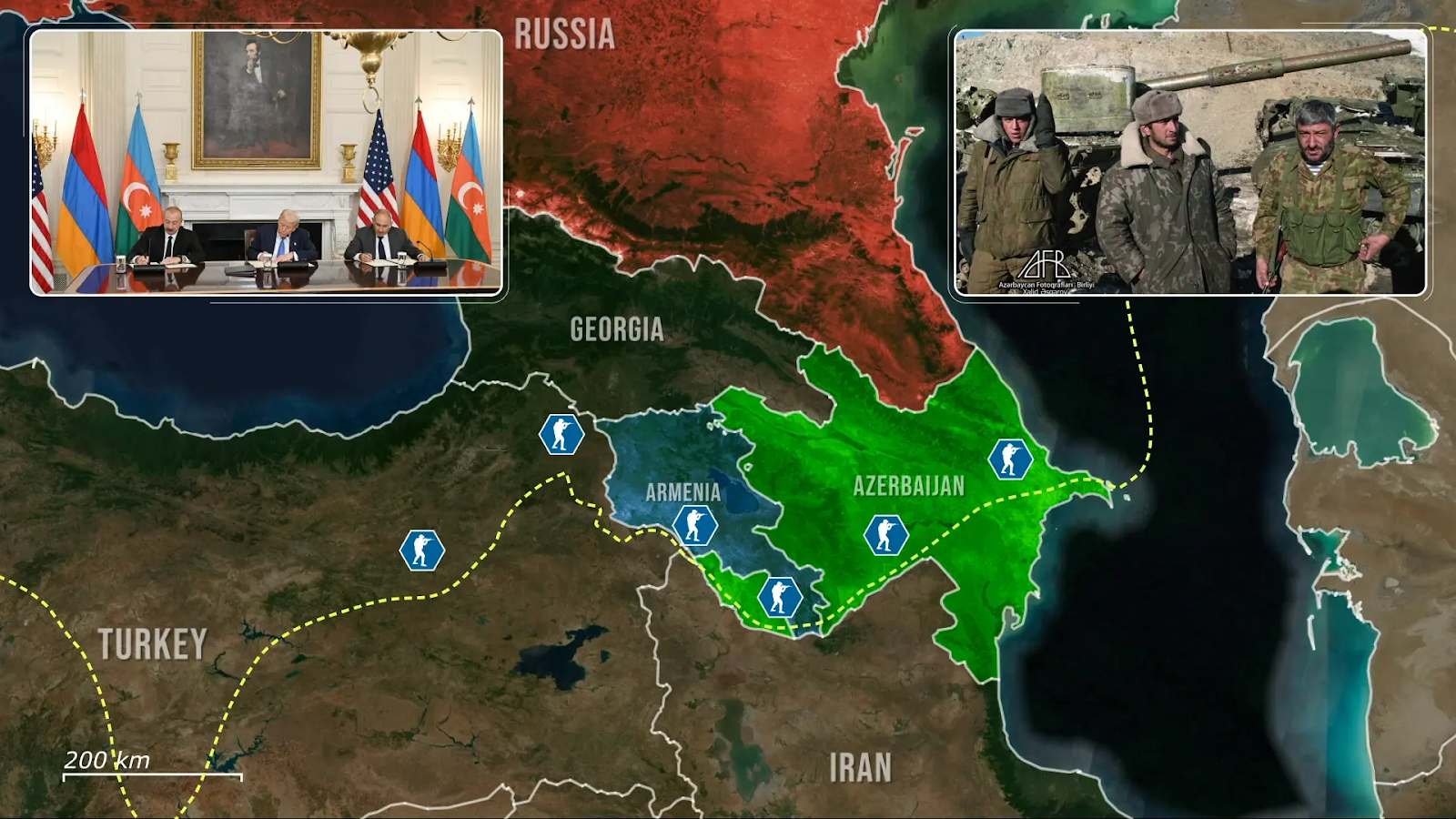
Armenia and Azerbaijan have fought over the Nagorno-Karabakh region and surrounding districts since the collapse of the Soviet Union, with two wars, a one-sided offensive, and skirmishes over the past decades costing tens of thousands of lives and displacing entire communities.
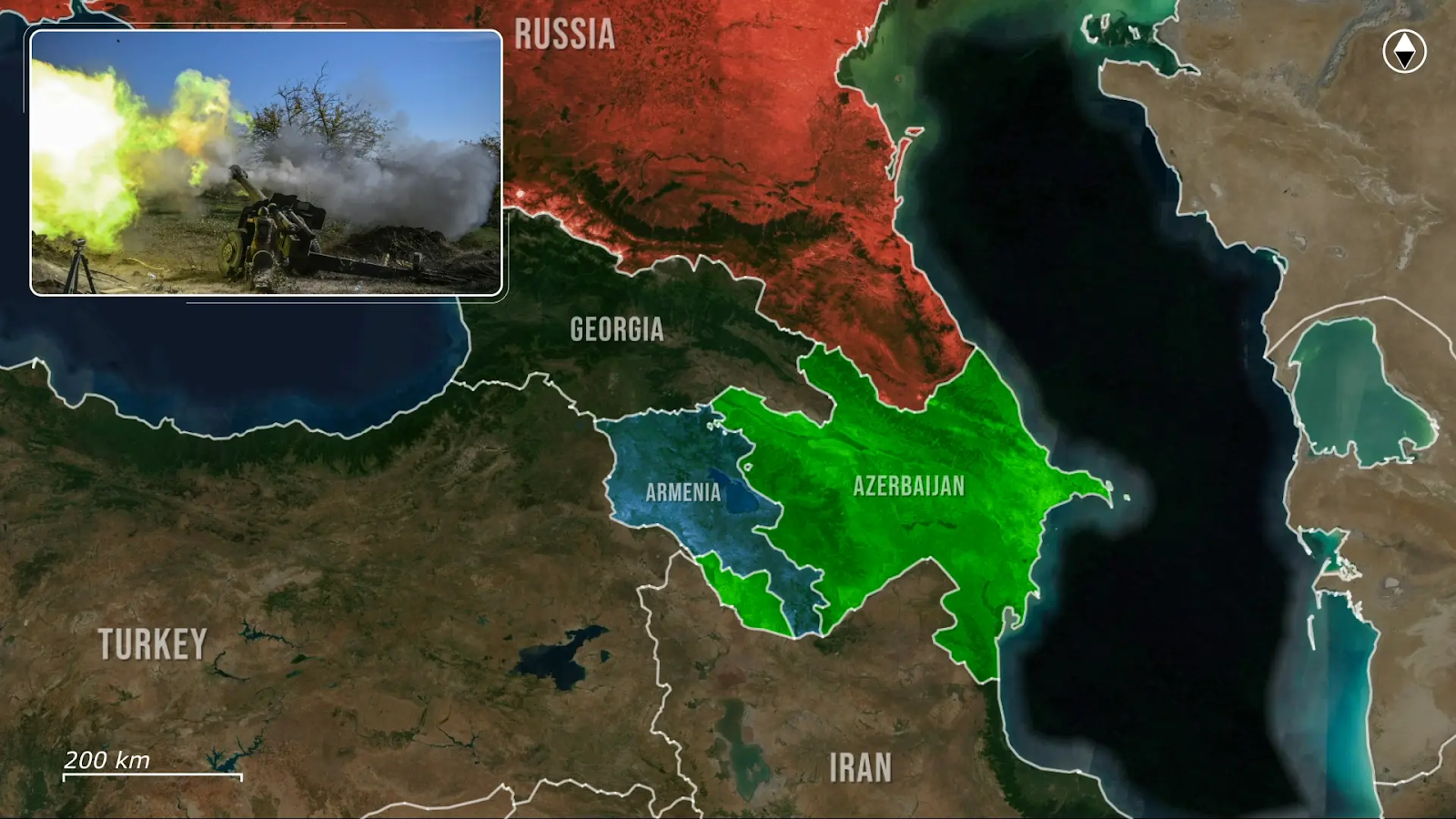
The dispute centered on control over an Armenian-majority enclave in Azerbaijan, which declared independence in 1991, and an Armenian land bridge with the breakaway republic after it won the 1992 Nagorno-Karabakh War.
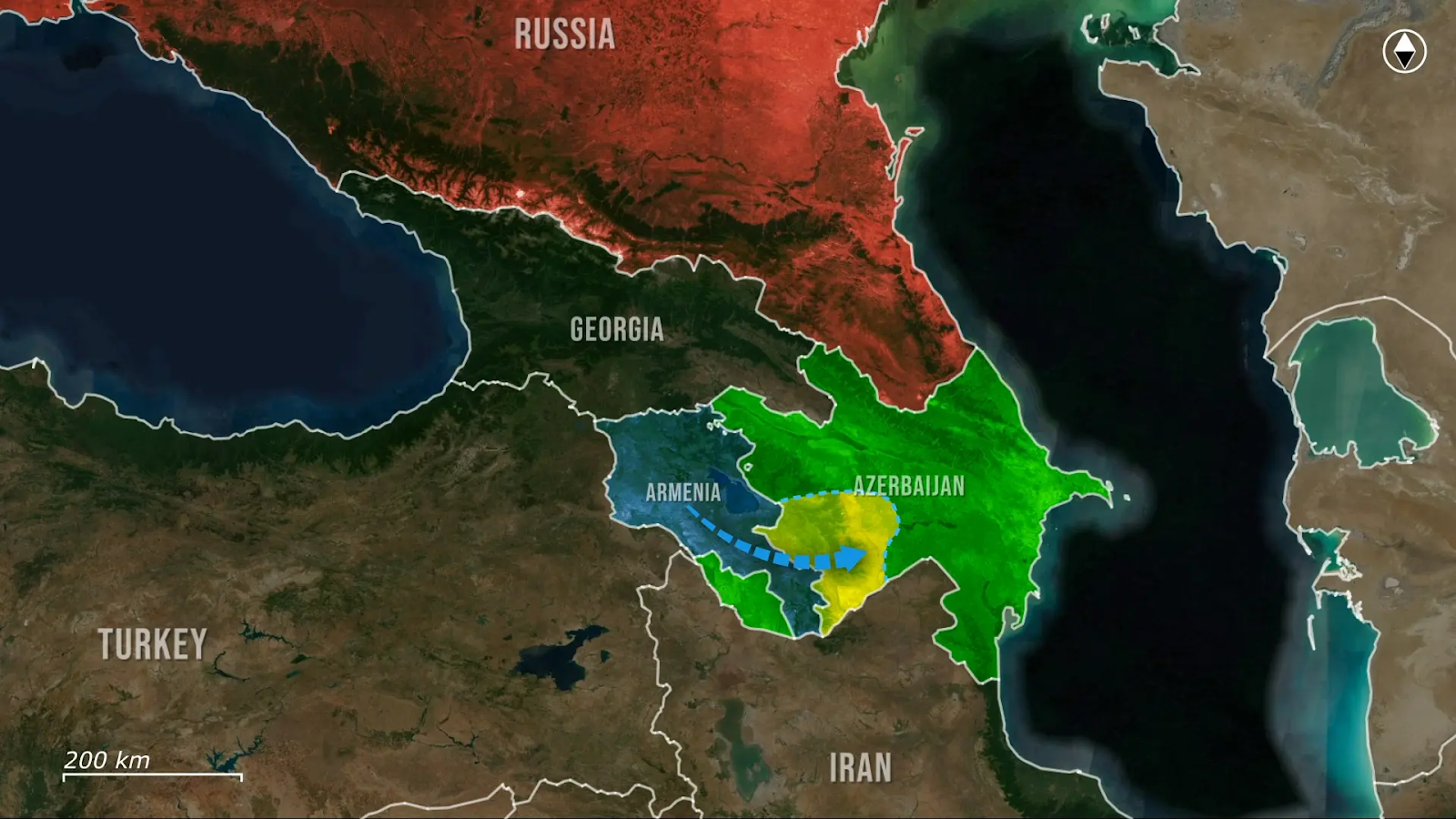
Azerbaijan’s victories in 2020 and 2023 later ended Armenian military presence here, dissolving the enclave and returning all territories to Azerbaijani control. The new peace deal effectively closes this chapter by codifying borders and formally ending the territorial dispute between the two countries.
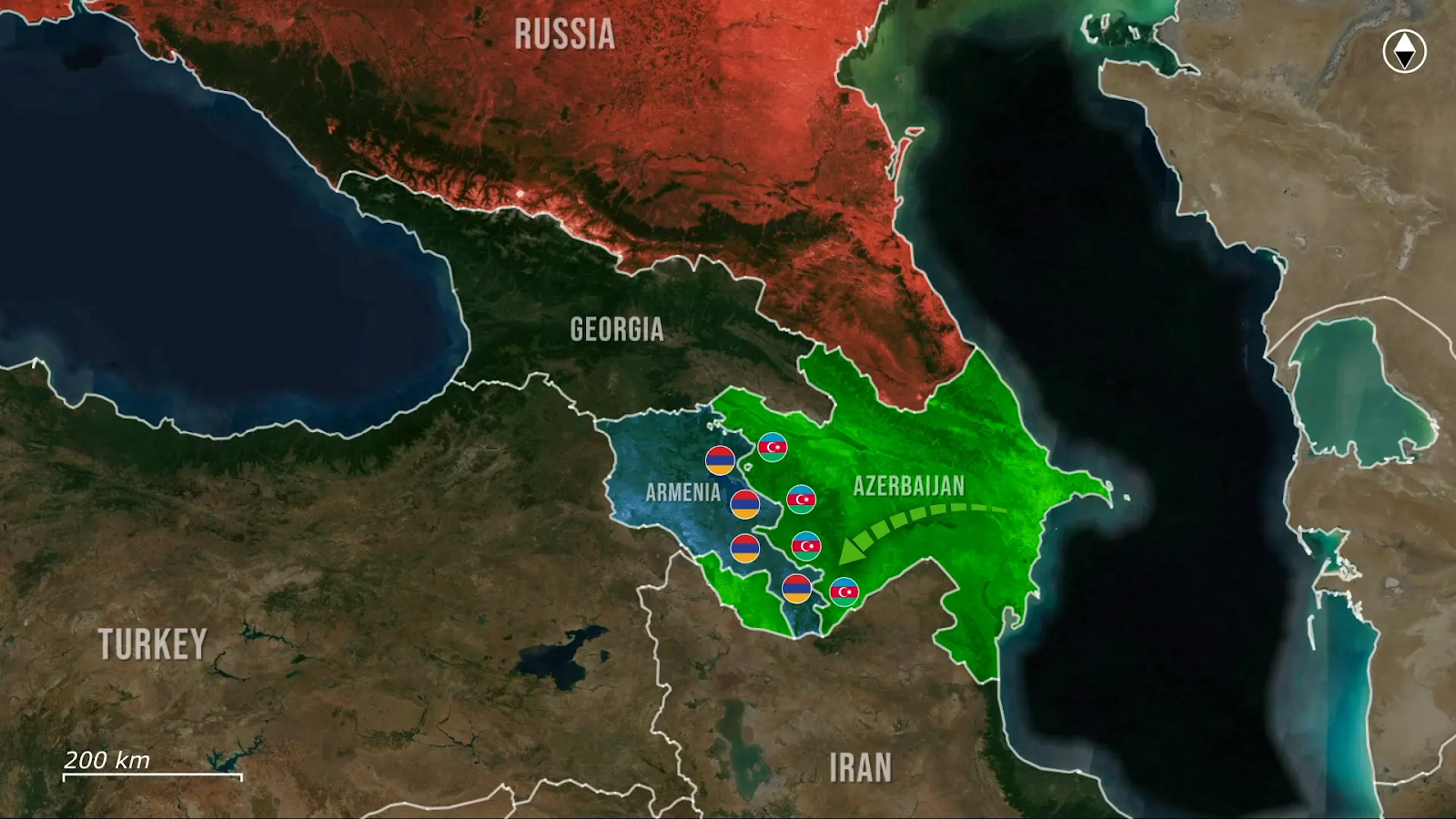
For Armenia, the agreement is a pivot away from failed Russian security guarantees, once dependent on Moscow through the Collective Security Treaty Organization and the presence of Russian troops in Gyumri. Armenia watched as Russia remained passive during the 2020 and 2023 conflicts, unable to intervene due to its overcommitment and resource drain from the war in Ukraine. The fear is that without new guarantors, Armenia could face a Syrian scenario, where foreign forces take advantage of Russia’s preoccupation in Ukraine.
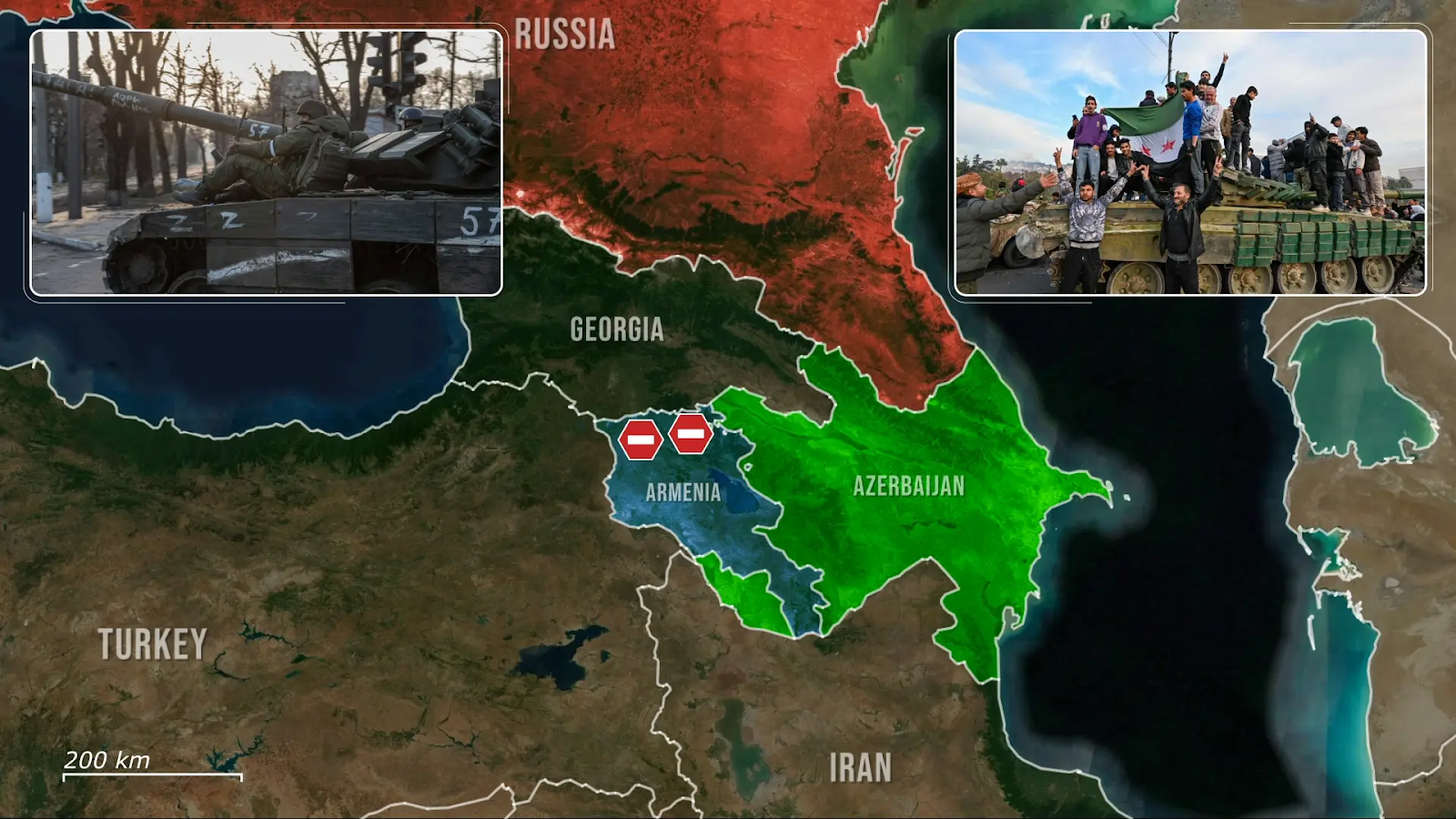
With Russian troops already deployed to the region, Armenia also fears a repeat of the Georgian scenario, where Russian forces take direct control of certain areas to keep the country locked in Moscow’s orbit. By anchoring a US-managed corridor into the peace framework, Armenia gains a deterrent presence and a Western economic interest.
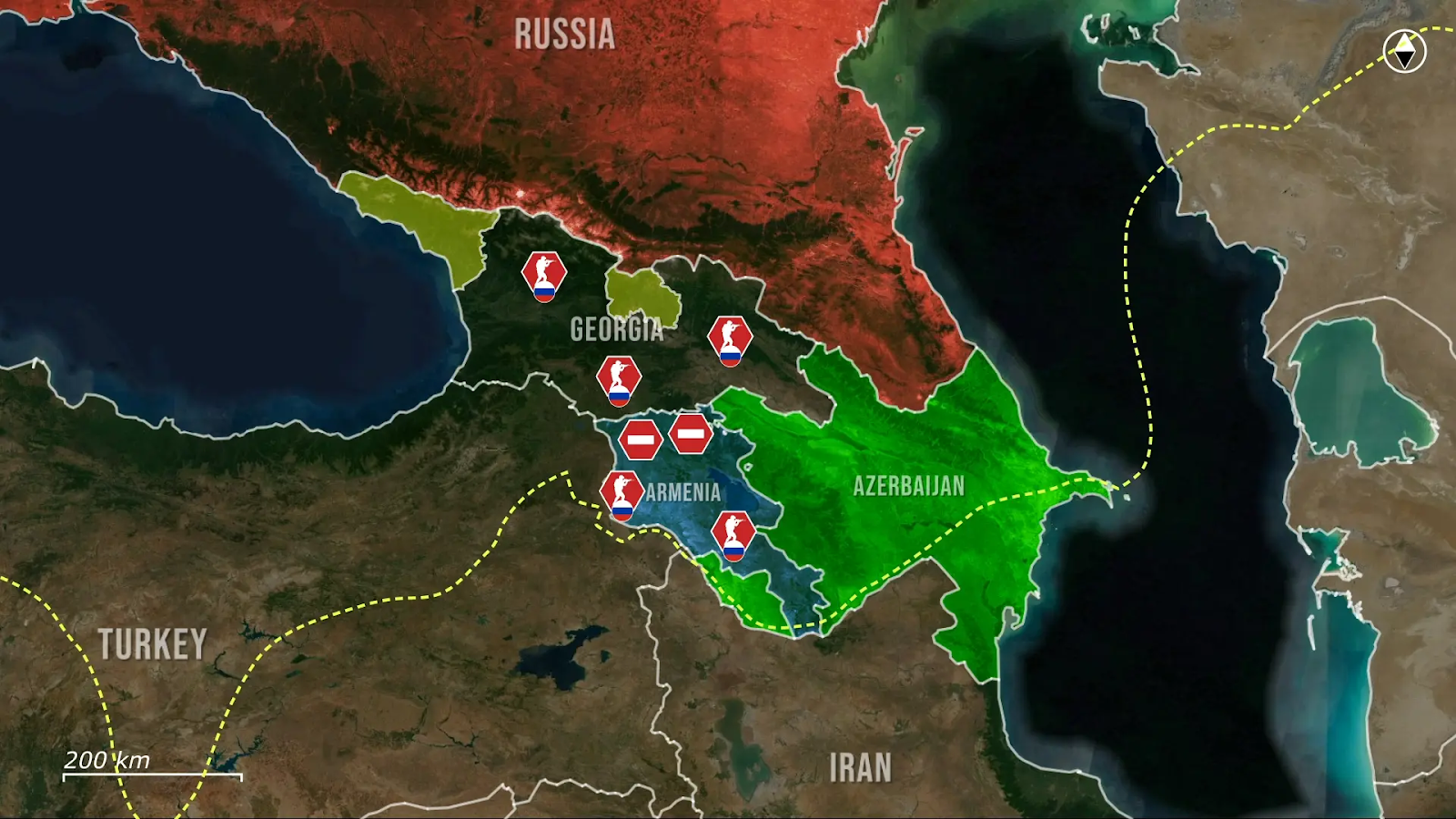
For Azerbaijan, the deal reflects frustration with Moscow’s reluctance to treat it as a fully independent country. Russian officials have recently questioned Azerbaijan’s sovereignty, and incidents such as the Russian missile strike on its embassy in Kyiv and the shooting down of Azerbaijani aircraft in Russian airspace have reinforced perceptions of hostility.
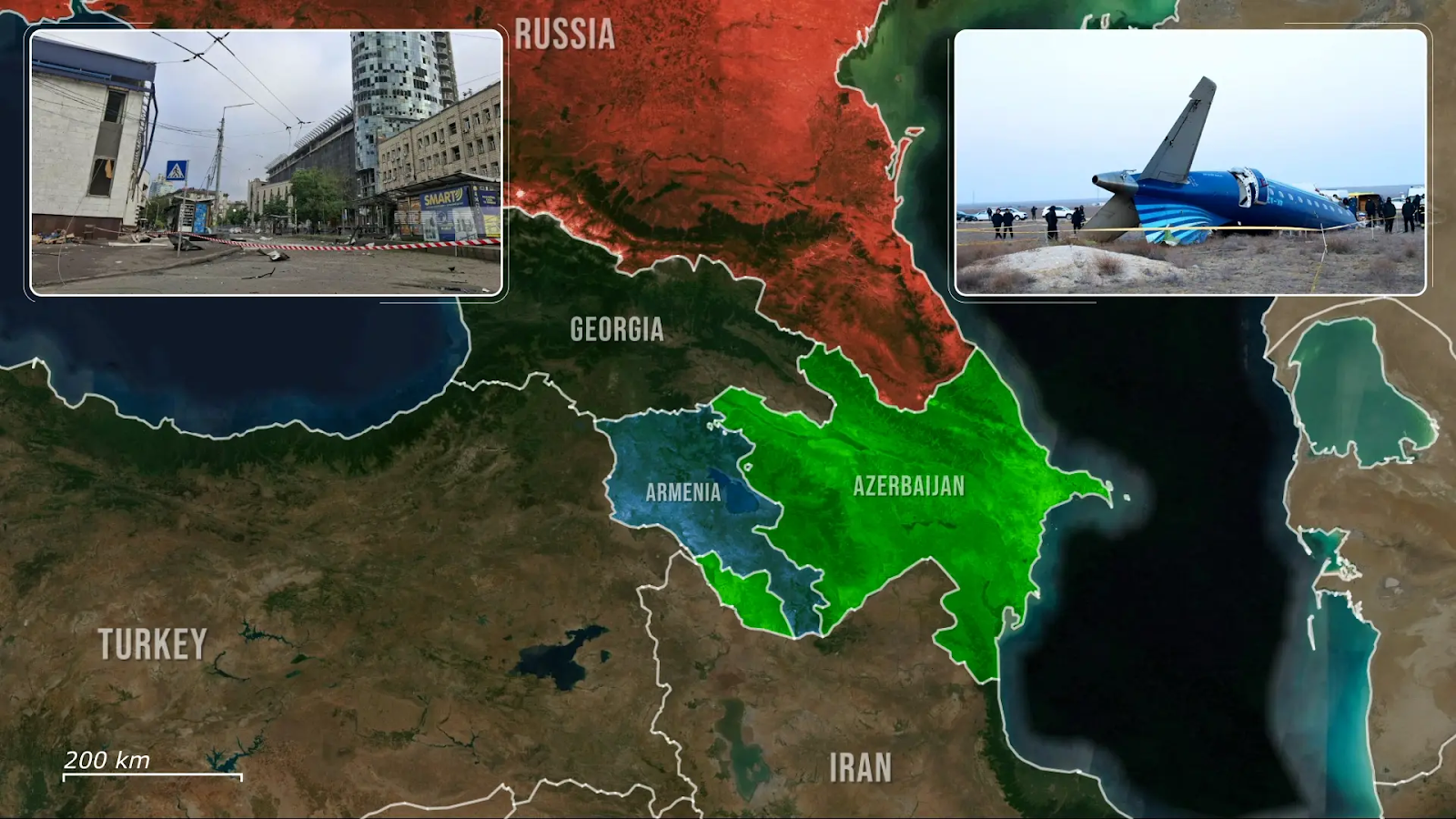
Azerbaijan also fears a Georgian scenario, where Russian troops are already stationed along the border under the pretext of peacekeeping. By embedding the Zangezur corridor under US control, Azerbaijan gains both strategic insulation and a direct link to Turkey and other allies.
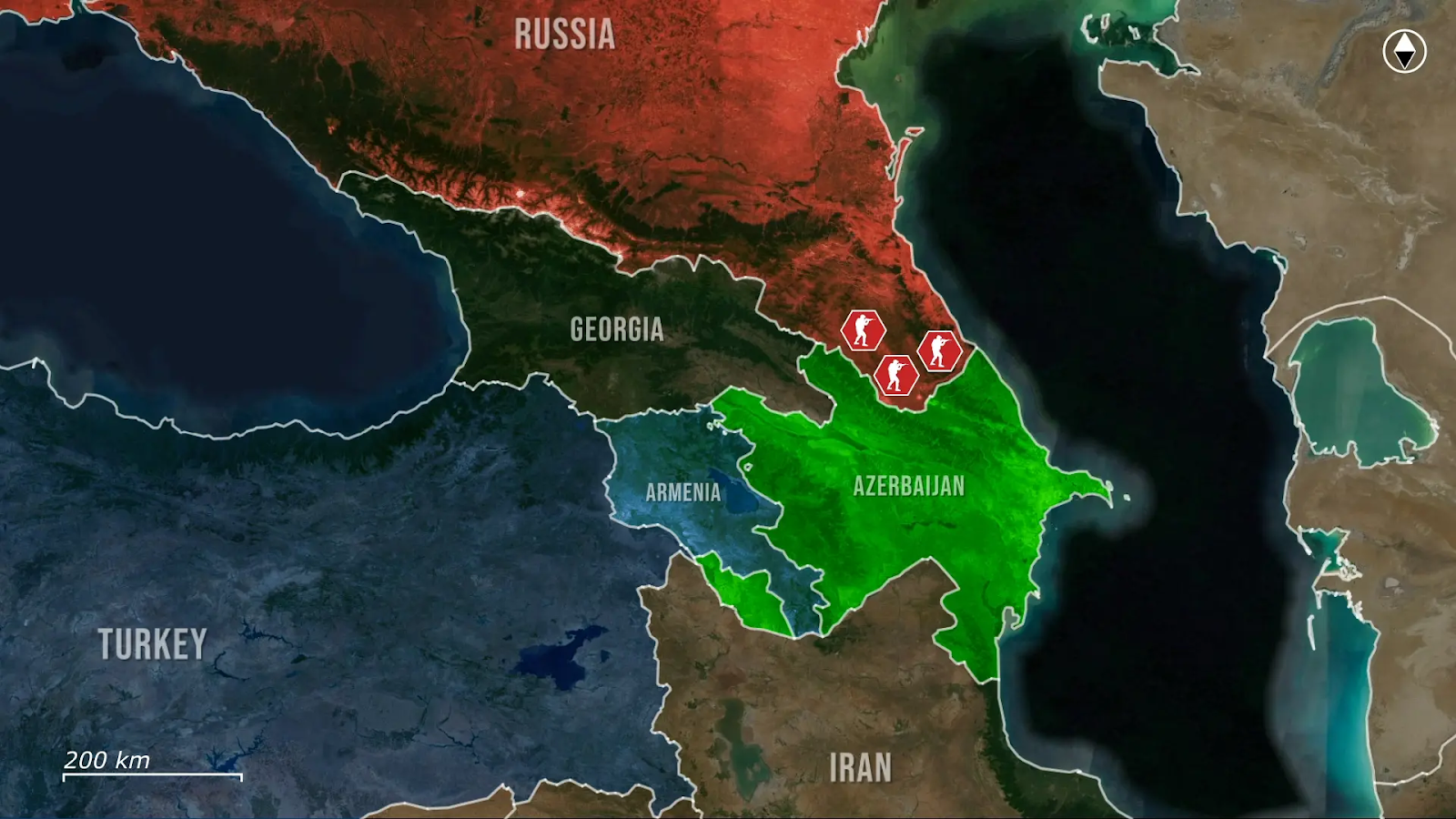
Overall, both countries see the agreement as a path to military and economic independence from Moscow, with the corridor offering predictable transit revenues, integration into broader trade networks, and stronger ties with the West. Militarily, removing Russian military bases on the border will massively decrease the Russian threat to Azerbaijan, as well as Armenia being able to demand a full withdrawal due to their redundancy.
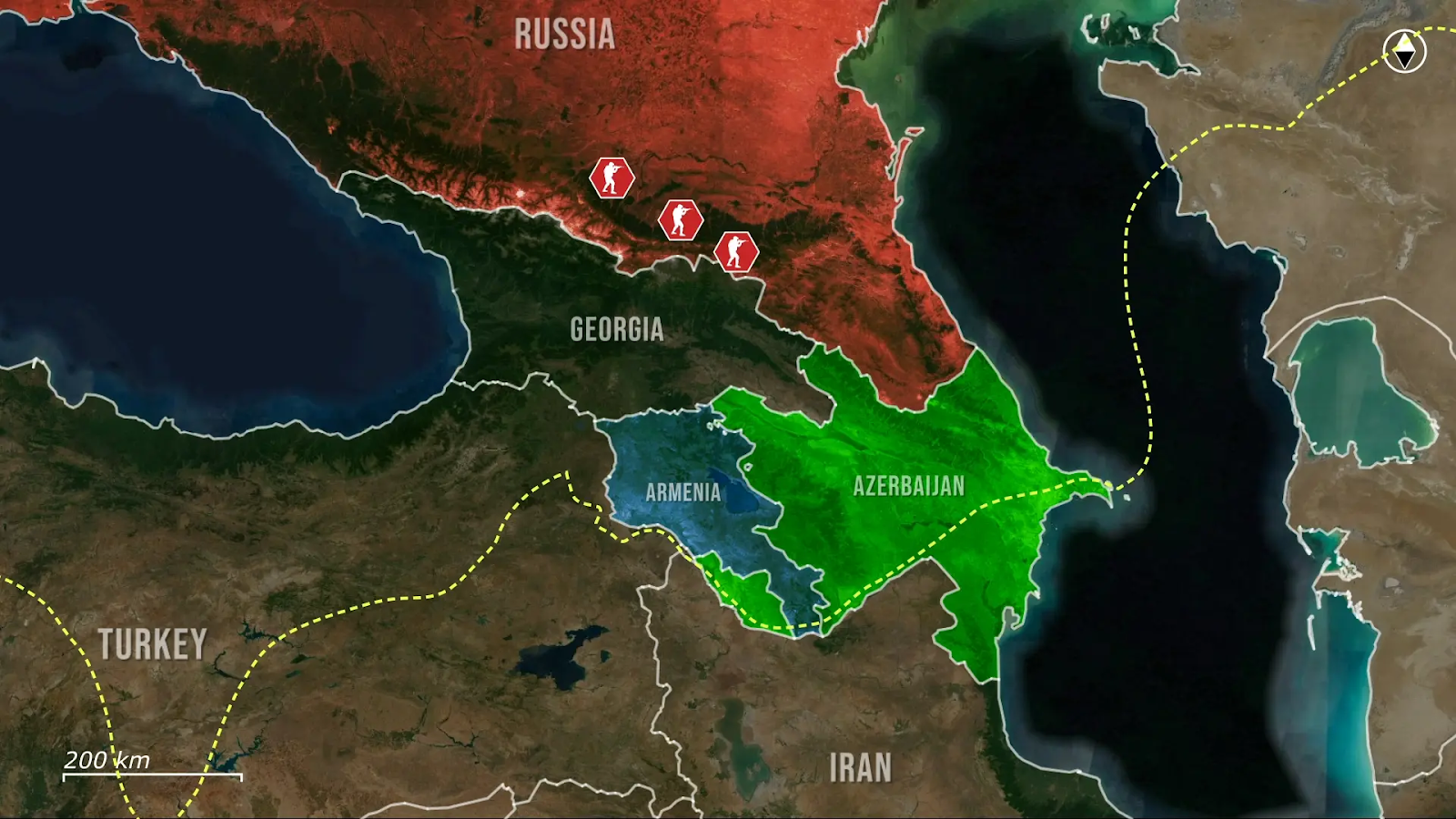
The private military company managing the Zangezur corridor could serve as a de facto peacekeeping force instead, which will oversee economic and infrastructural projects benefiting both Armenia and Azerbaijan. The route creates a mutual vested interest in stability, since any disruption would harm both nations’ economies and reputations, as well as Western economic interests essentially serving as security guarantees against any larger-scale military operations from outside forces. This is more than a symbolic handshake between former enemies; it is a strategic realignment that could resolve a decades-old dispute and reshape the balance of power in the South Caucasus in ways Russia cannot afford.
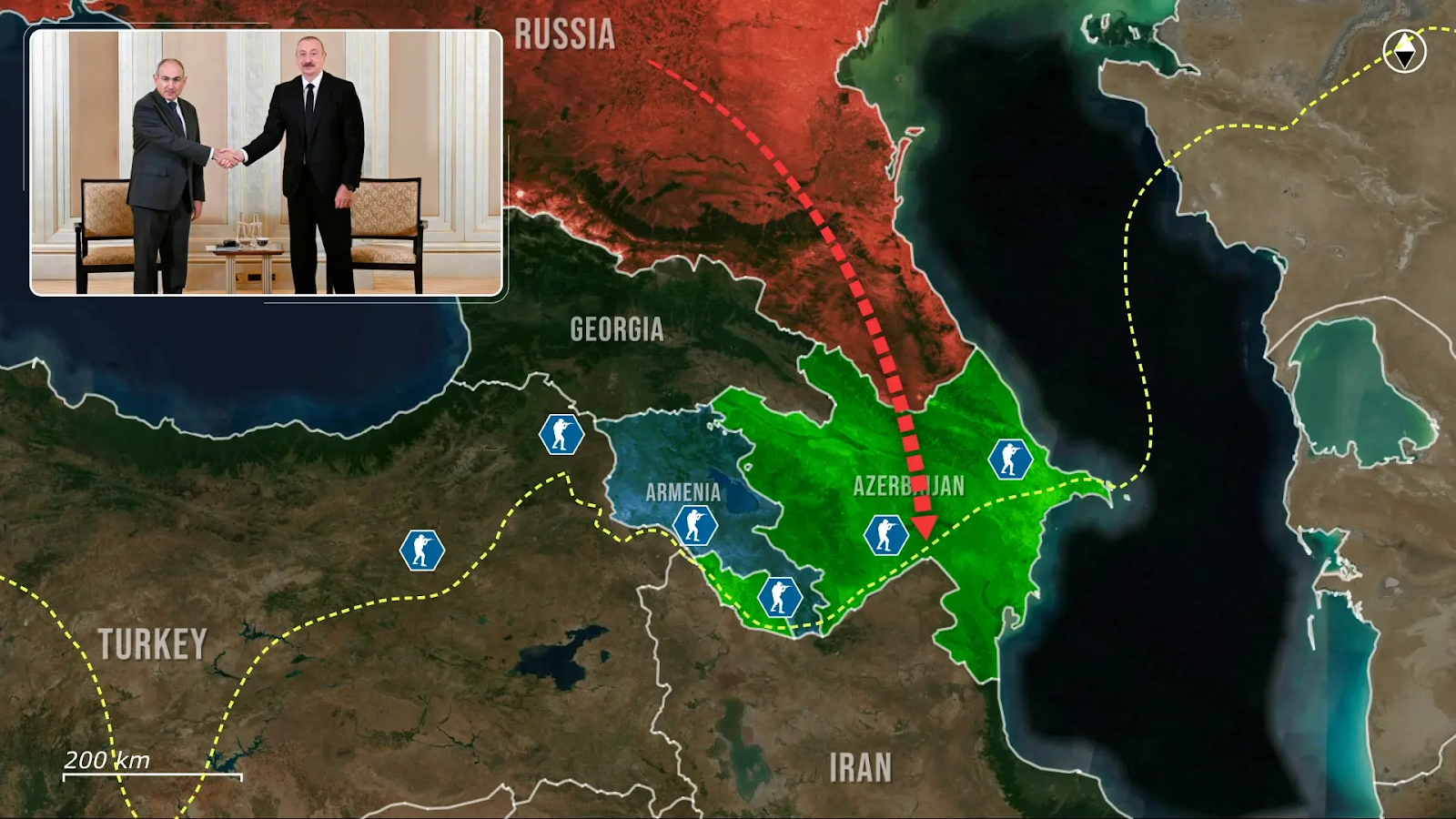

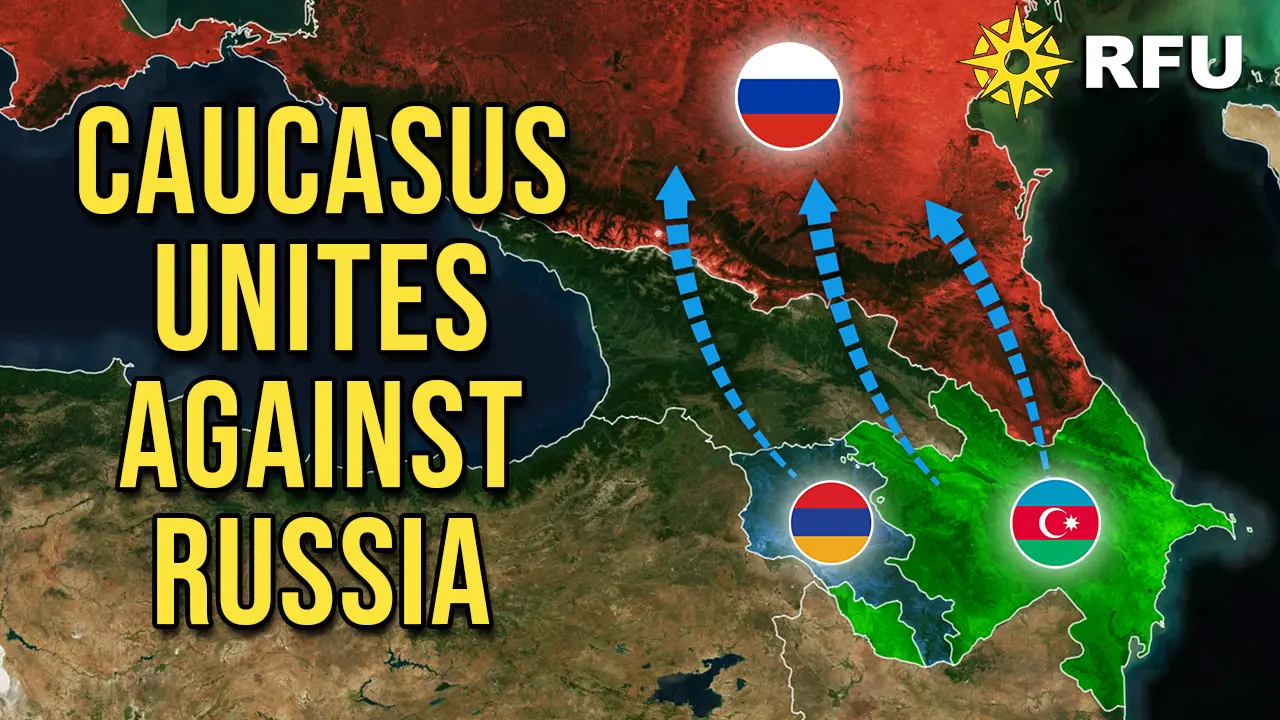
.jpg)
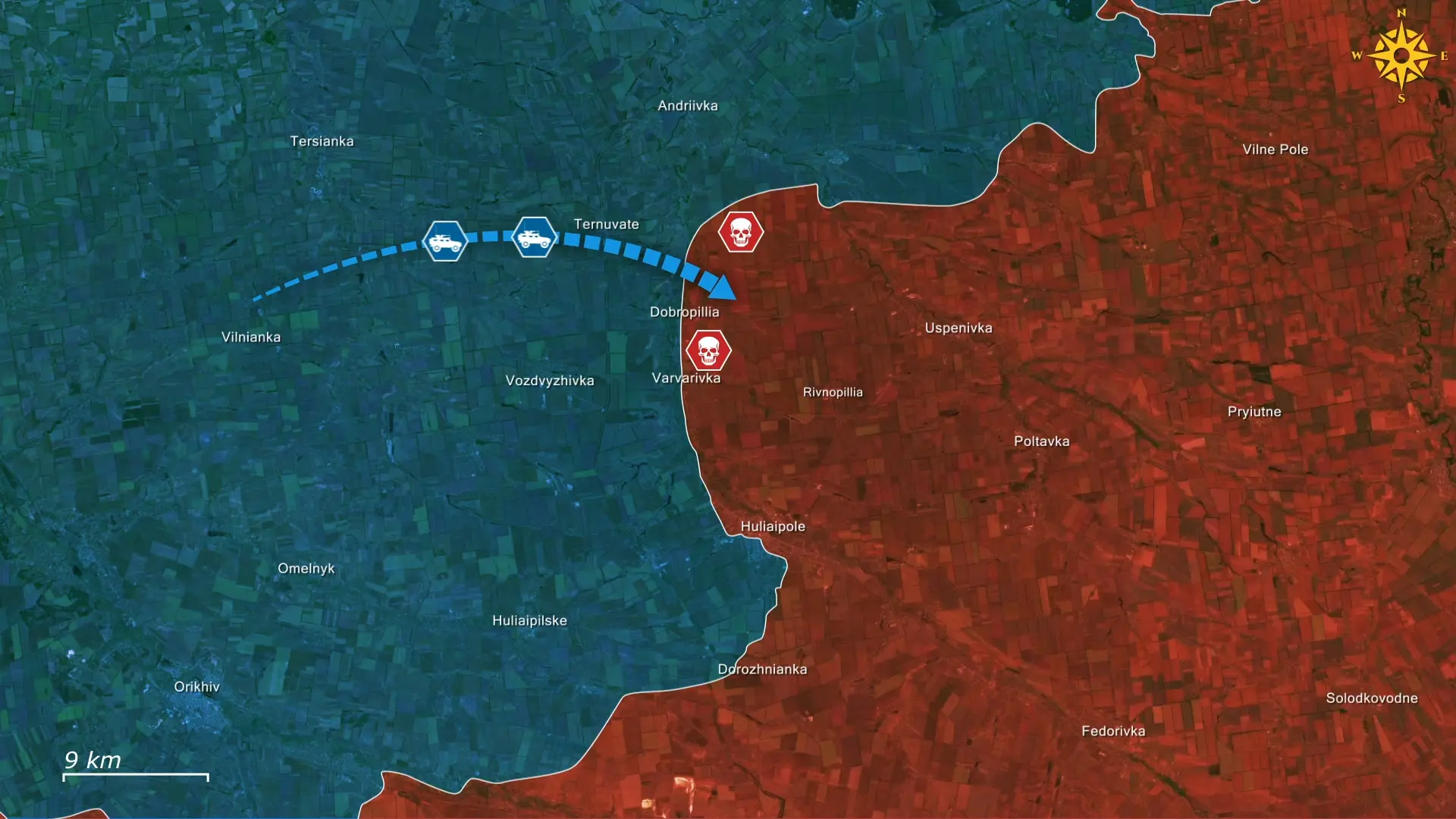
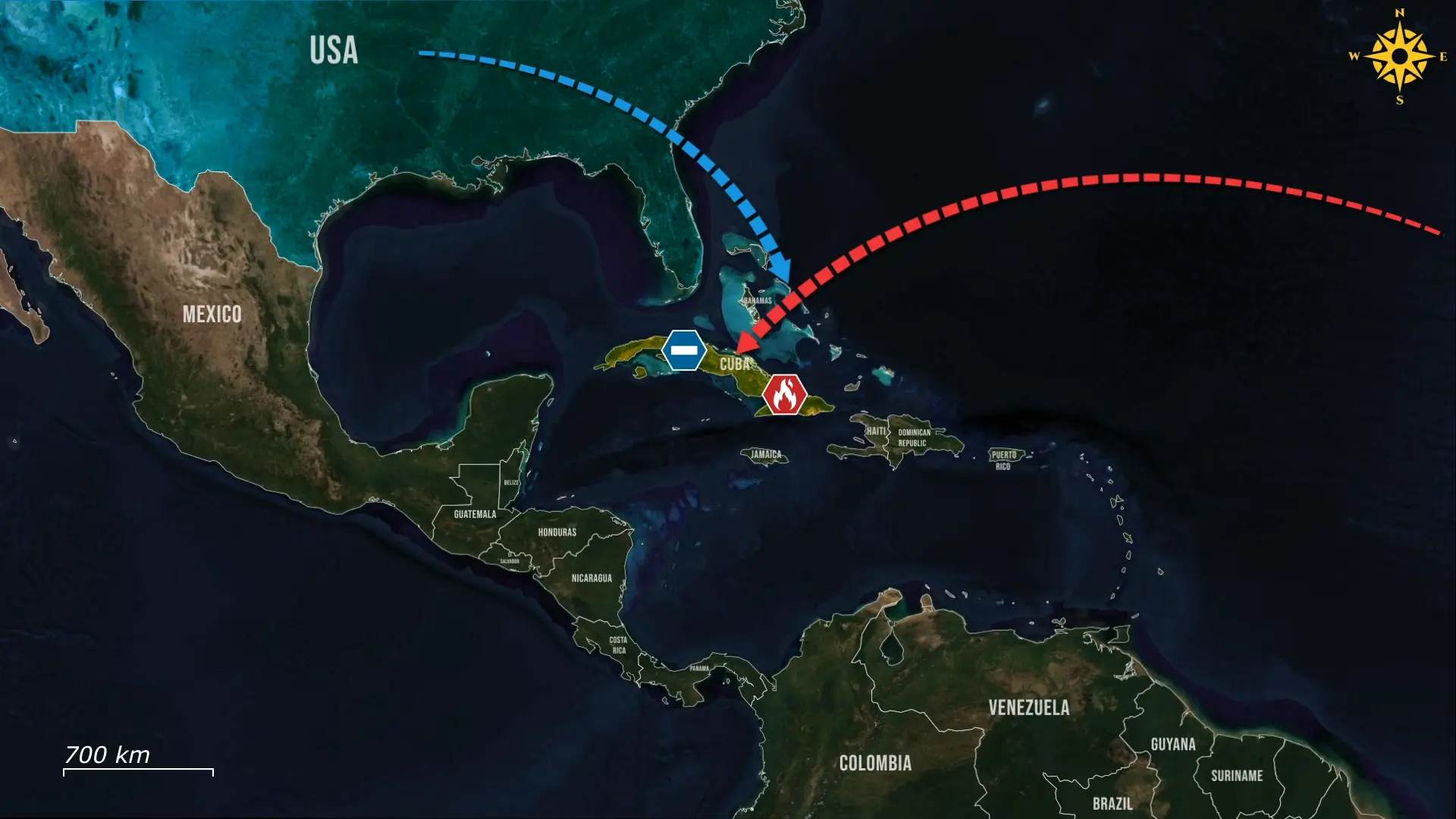
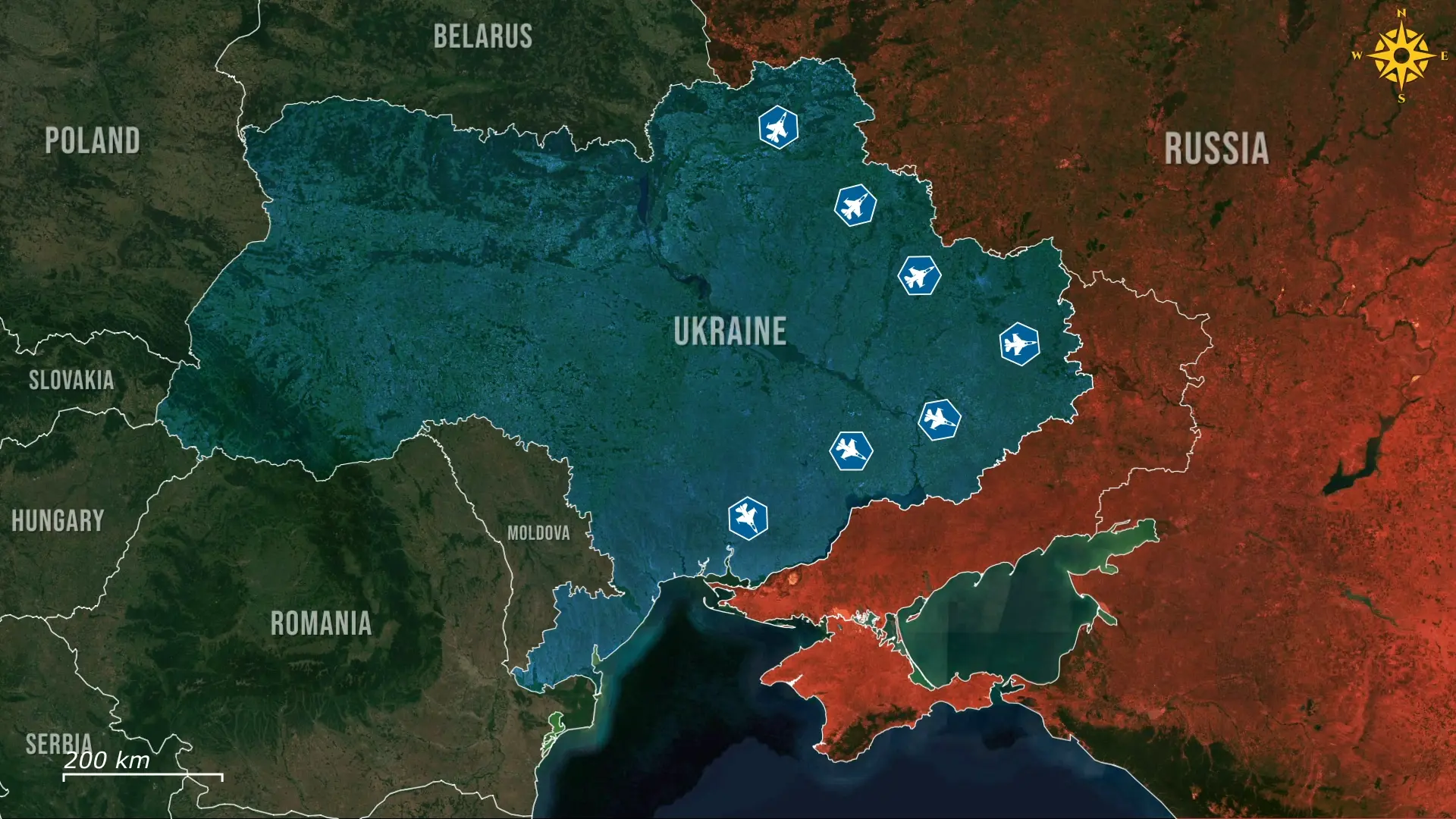
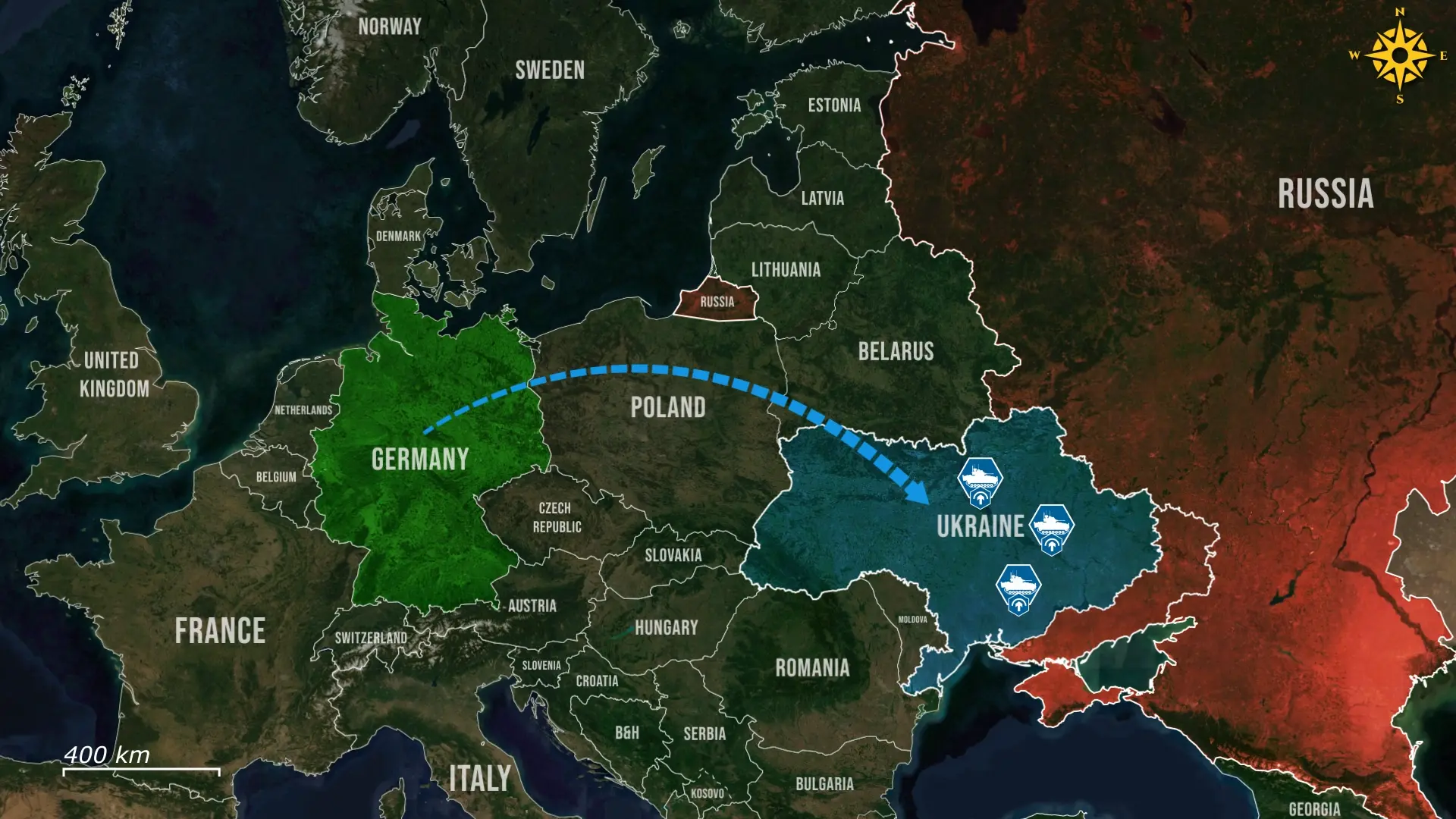
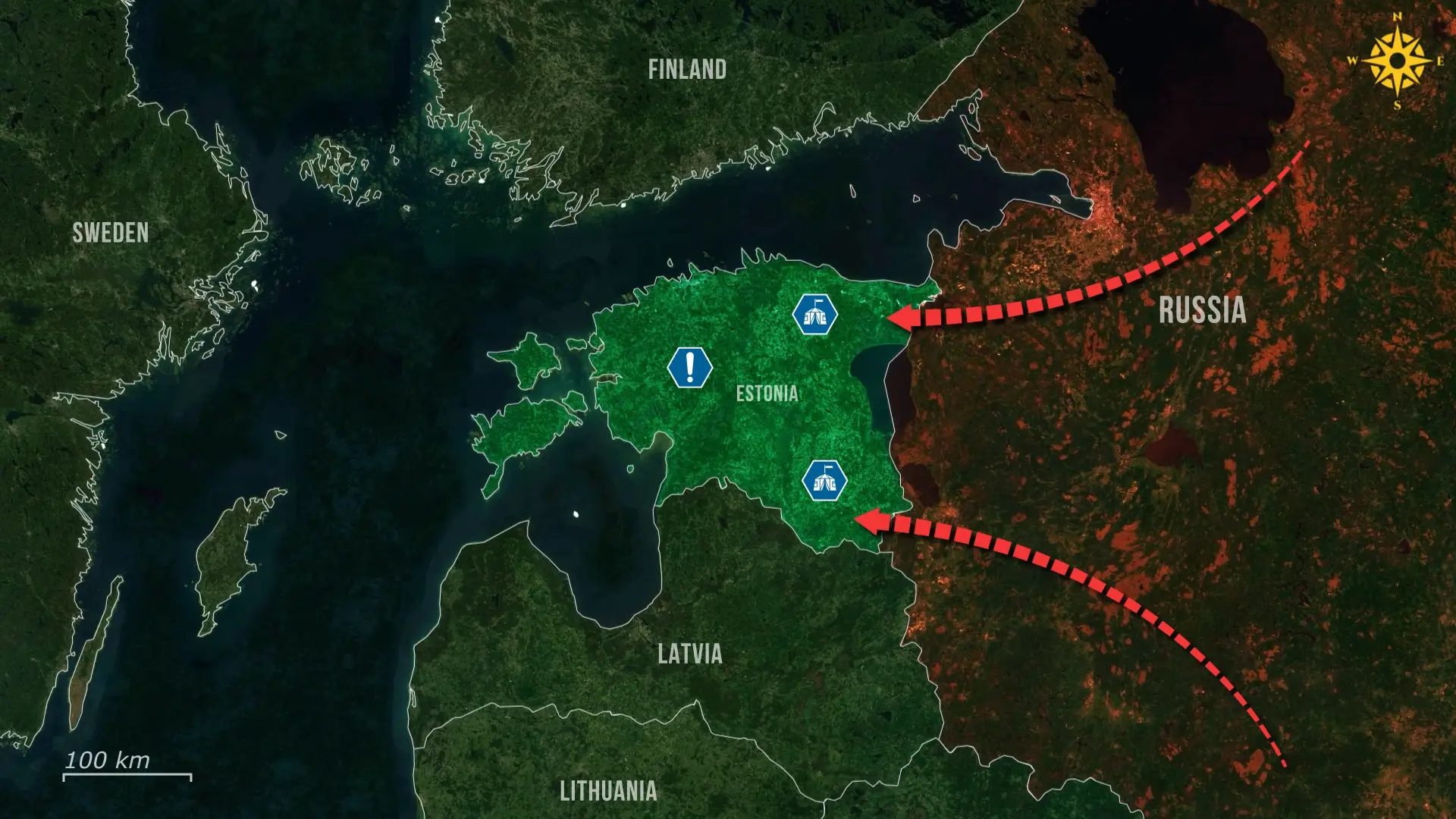
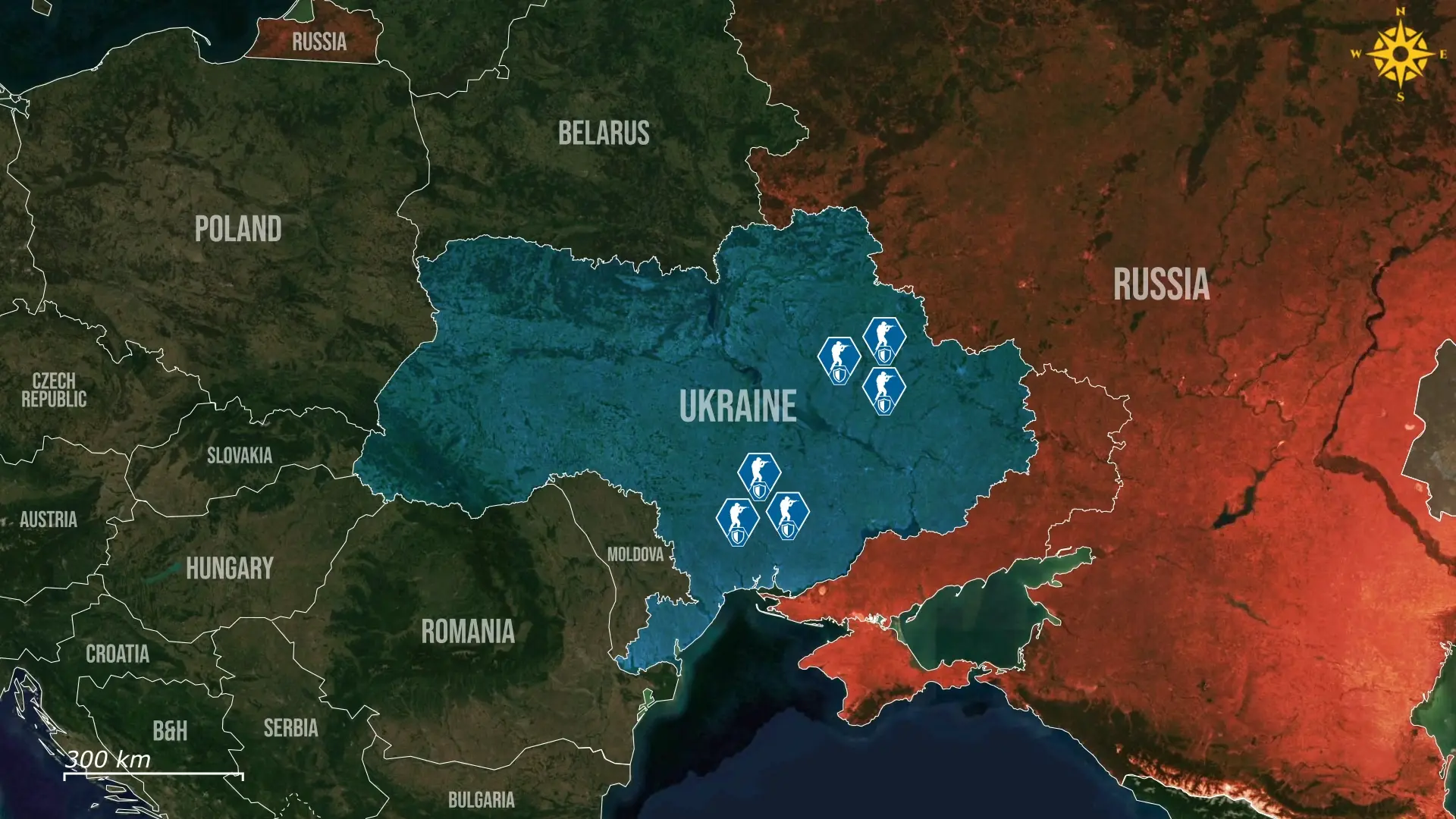

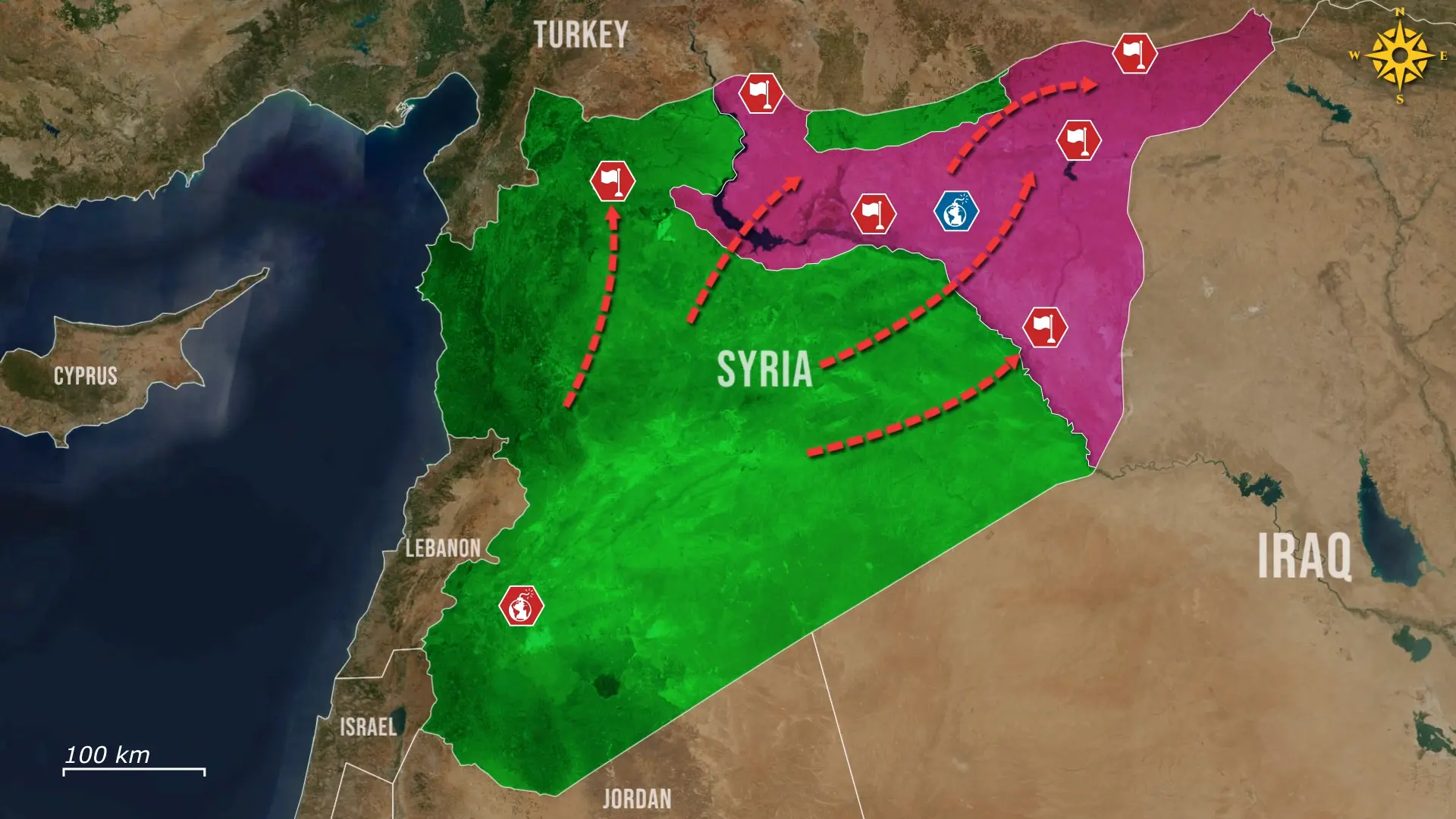
Comments